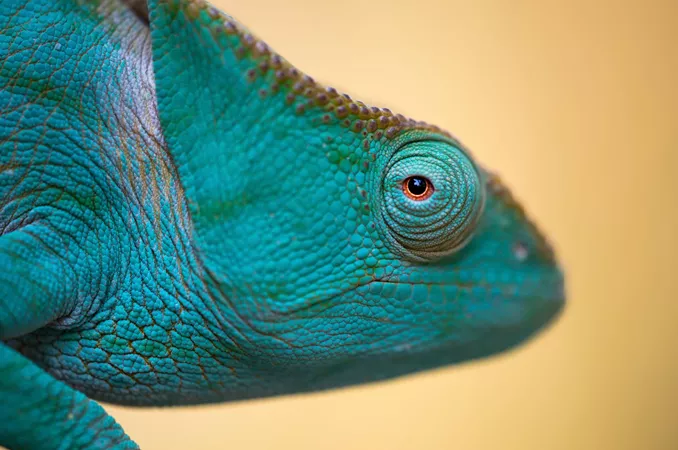Madagascar is culturally diverse, with strong influences from African, Asian and French traditions. Madagascar’s rich tapestry of customs and traditions offers travellers a rewarding cultural experience.
Ancestral reverence is central to Malagasy life, and one of the most iconic ceremonies is Famadihana, or "Turning of the Bones." Families exhume and rewrap the remains of their ancestors in fresh silk before celebrating with music, dance, and storytelling. The practice is a joyful honouring of heritage and connection. Another deeply rooted concept is fady - cultural taboos that vary by region and family. These may include prohibitions on eating certain foods like pork or lemur, refraining from pointing at graves, or avoiding swimming in spiritually significant lakes. Travellers are advised to observe local guidance and ask if unsure.
Elders are held in high regard and showing respect (such as greeting them first or waiting for them to begin eating), is customary. Dining may involve eating with hands, usually the right hand, and in rural areas, modest dress is appreciated, especially in villages and places of worship. Visitors are encouraged to avoid revealing clothing and to remove shoes when entering sacred spaces. Spiritual practices are prevalent, with rituals such as tromba (ancestor possession ceremonies) and ny tso-drano (blessings before travel or exams) illustrating the spiritual dimension of Malagasy life. Even home design and bed placement follow traditional beliefs, with beds typically positioned north for good fortune and homes often facing west to welcome afternoon sun.
It is appreciated when travellers show cultural sensitivity. Ask before photographing people or sacred places, bring small gifts when visiting homes, and try using simple Malagasy greetings like “Salama.”









